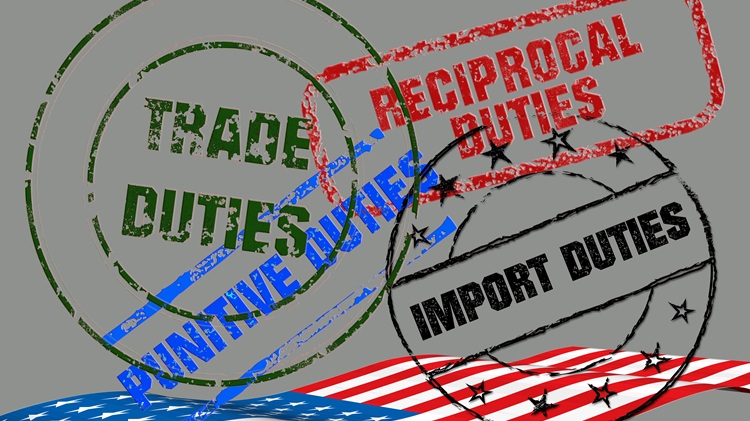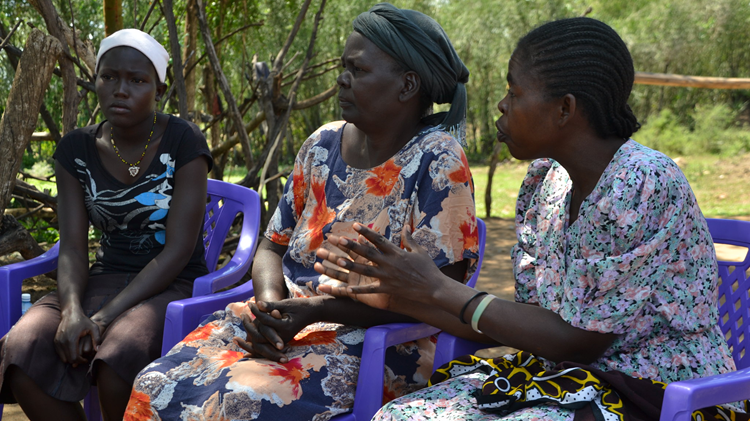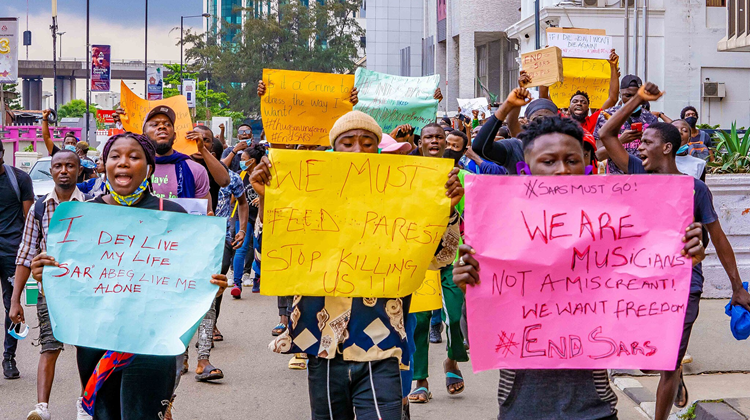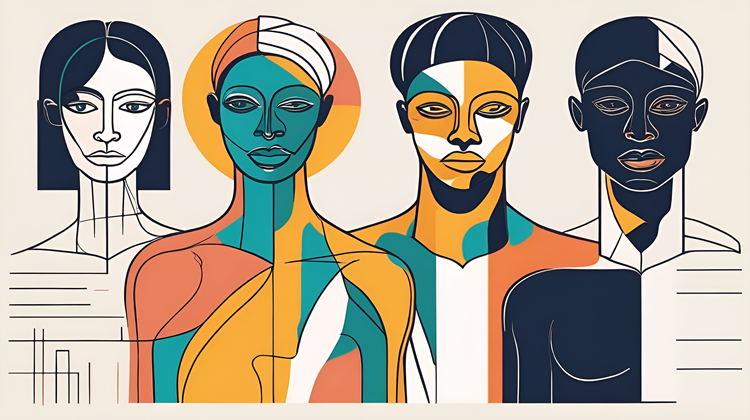Unlocking Africa’s treasure chest
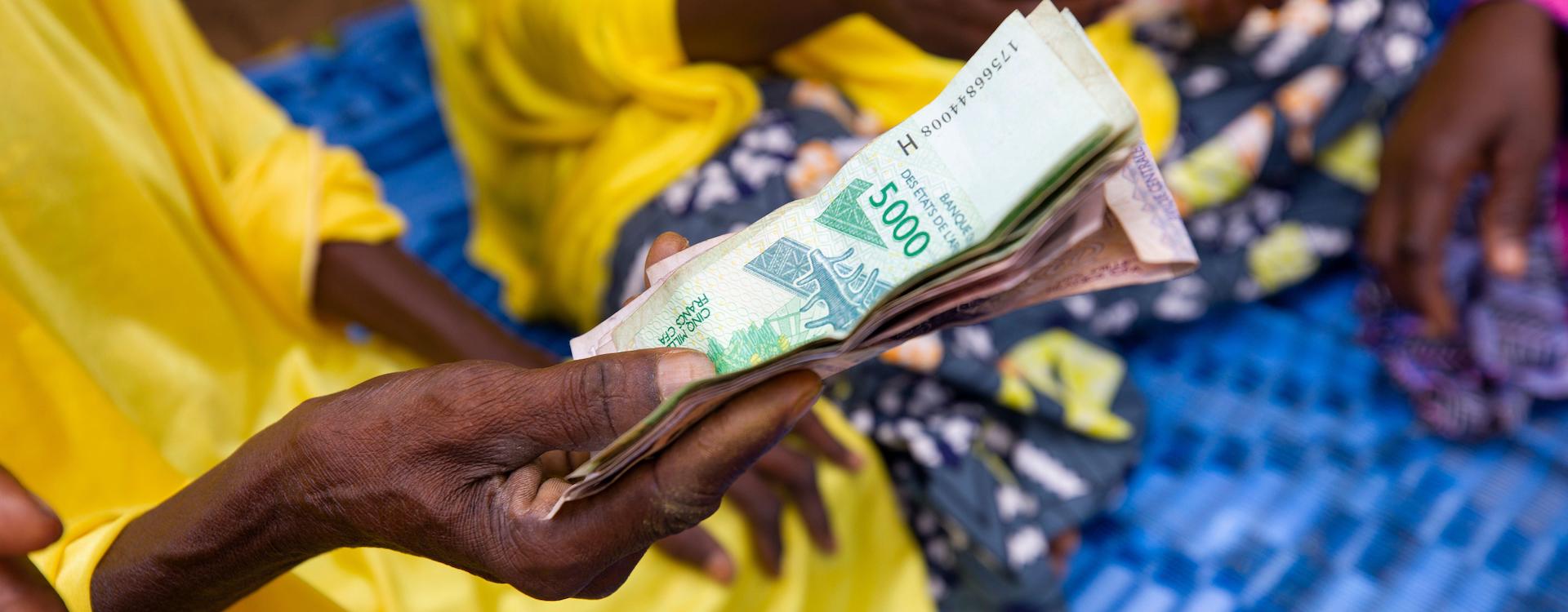
To achieve its development potential, Africa must, as a priority, invest in security and then build government capacity.
Despite vast natural resources and a youthful population, Africa remains the world’s poorest region. It is estimated that Africa alone has about 30% of Earth’s remaining mineral resources, and by 2050, the continent is expected to constitute a quarter of the world’s population.
However, the income gap between Africa and the rest of the world has widened over the past years. In 1960, Africa’s gross domestic product (GDP) per capita constituted almost half the average of the rest of the world. By 2019 (before COVID-19) the gap had widened, and GDP per capita was just about 23% of the world’s average. The continent also has the world’s largest share of extreme poverty rates, with 23 of the world’s poorest 28 countries located in Africa. All these countries have extreme poverty rates above 30%.
Many have attributed the continent’s underdevelopment to the poor state of governance and leadership. Over the past decades, the quality of governance in Africa has generally stagnated. Using the Ibrahim Index of African Governance, the overall governance score in Africa of 47.8 out of a possible 100 in 2012 only marginally improved to 48.9 in 2021.
As a result of this poor performance, the focus on good governance as a prerequisite for development in Africa has gained traction. From the perspective of policymakers, Western donors and many in academia, pursuing good governance as a first priority will eventually lead to development.
Africa must improve its regulatory environment by enforcing the rule of law and promoting accountability
To emulate the sequential evolution of governance over time, the International Futures (IFs) model draws on the establishment of nation-states in the Westphalian tradition that first created a security community, built capacity (ability of the state to achieve policy goals and objectives) and then, in time, became more inclusive. It models each, allowing for cross-country comparisons and the ability to forecast.
Traditionally, these transitions occurred sequentially, with progress in one dimension providing a basis for the next. To this end, it includes an index (0 to 1) for each dimension, with higher scores indicating improved outcomes. In 2019, Africa’s score of 0.69 on the governance security index was 15.6% below the average for the world except Africa. Likewise, its governance inclusion score of 0.47 was 22% lower than the world’s average except for Africa. Regarding governance capacity, the score of 0.32 for Africa was 59% behind the average for the world except Africa, although North Africa performed better.
The externally imposed state formation process during colonialism in Africa didn’t follow the Westphalian process. Security was provided by an external occupation force, capacity came from overseas, and there was, at best, nominal inclusion of selected groups. Rather than a sequential process, independent African states had to simultaneously conclude the security transition, build capacity and democratise, and do so in a globalised context that effectively constrains their freedom of action.
The result is that many African countries have not concluded the consolidation of security and have limited capacity, but despite these inadequacies are required to democratise. It also explains Africa’s poor governance results and why its relatively high levels of electoral democracy have failed to deliver the expected development dividends. In sum, the extent to which democracy can compensate for poor security and lack of capacity appears to be limited.
Yet most of the conversations on better governance focus on the quality of democracy and adherence to human rights, neglecting other critical components of governance such as security and capacity.
Donor requirements for aid, loans and grants should include transparency, accountability and government effectiveness
The reality, though, is that Africa’s level of democracy is not as bad as generally portrayed in Western media, especially relative to its level of development. Various indices such as that from the Varieties of Democracy (V-Dem) project, International Institute for Democracy and Electoral Assistance (International IDEA) and others reflect that many African countries have higher levels of electoral democracy than other countries globally at similar levels of education and income.
This is an important caveat since it makes no practical sense to compare levels of democracy in poor countries with those of rich countries. Substantive (or liberal) democracy generally correlates with higher income levels. Typically, countries progress in the quality of democracy over time, graduating from irregular but flawed elections to regular events, including term limits and political change. Generally, political power in much of Africa is now decided at the ballot box, despite the rash of recent coups in francophone Africa, and not through the barrel of the gun. The quality of elections is admittedly often still low, but better than five, 10 or 15 years ago.
The normative sequencing points to the need to build state capacity after the achievement of a security foundation before expanding inclusion. Africa still needs to conclude the security consolidation to provide a stable and peaceful environment for development. The major challenge then is to build government capacity that can translate policy into action and deliver development. Indeed, in 2019, Africa’s score on the governance capacity index was 2.3 times lower than what it recorded on the security index and 1.7 times less than its performance on the inclusion score.
Government capacity includes the ability of the state to implement the rule of law, collect more taxes and then provide public good to its citizenry.
African leaders should be sanctioned for their inability to reduce wastage and fight high levels of corruption in their countries
The low government capacity is reflected in the low levels of government revenues to GDP on the continent. In 2019, government revenue without aid in Africa stood at 21% of GDP, far below the average of 33% for the world except Africa. Indeed, for Sub-Saharan Africa, this ratio is estimated to be 17%. Countries with more government capacity, meaning high revenue mobilisation capacity and ability to implement the rule of law through institution-building, often see a greater return on their investment reflected in the provision of public goods such as infrastructure, education and health.
In low-income countries, as is the case in many African countries, leadership is crucial since these countries do not have the resources and institutions to regulate and direct the use of scarce resources. This is why authoritarian governments with developmentally oriented leaders (such as Ethiopia and Rwanda) often perform better than countries at similar levels of development that perhaps are more democratic.
This mirrors the Asian Tigers’ growth miracle, which, although they have low inclusion rates, managed to transform their economies due to the security foundation and focus on effectively using their limited resources.
The challenge is that a developmentally oriented governing elite/leadership seems to be particularly scarce on the continent. And over successive decades, a democratic choice has proven the best system to produce in the absence of leadership committed to the national good, as opposed to sectarian interests.
Africa must prioritise building strong and quality state institutions
Building government capacity must start with Africa fighting corruption, including the nepotism, favouritism, clannism and partisanship that have often characterised government appointments.
For instance, the African Union estimates that US$140 billion is lost to corruption annually in Africa. Yet the net official development assistance to the continent in 2022 was US$34 billion. Using the IFs forecasting platform, a 20% reduction in corruption levels over the next 10 years alone could increase Africa’s GDP by an extra US$391 billion by 2043.
Africa must also prioritise building strong and quality state institutions, especially a capable civil service, to reduce inefficiency and wastage in the public sector. A meritocratic system that can build an independent, competent, professional and efficient civil service to deliver development is crucial. In addition, Africa must improve its regulatory environment by enforcing the rule of law and promoting accountability. Using the IFs forecasting platform, a 20% improvement in government effectiveness over the next 10 years alone could increase Africa’s GDP by an extra US$329 billion by 2043.
Donors and international institutions such as the International Monetary Fund and World Bank can assist with this. Donor requirements for aid, loans and grants should include transparency, accountability and government effectiveness. African leaders should be sanctioned for their inability to reduce wastage and fight high levels of corruption in their countries. Undoubtedly, these measures could go a long way to improve the capacity of African governments to drive the development agenda of their countries.
Image: © Jake Lyell & Associates / Alamy Stock Photo


